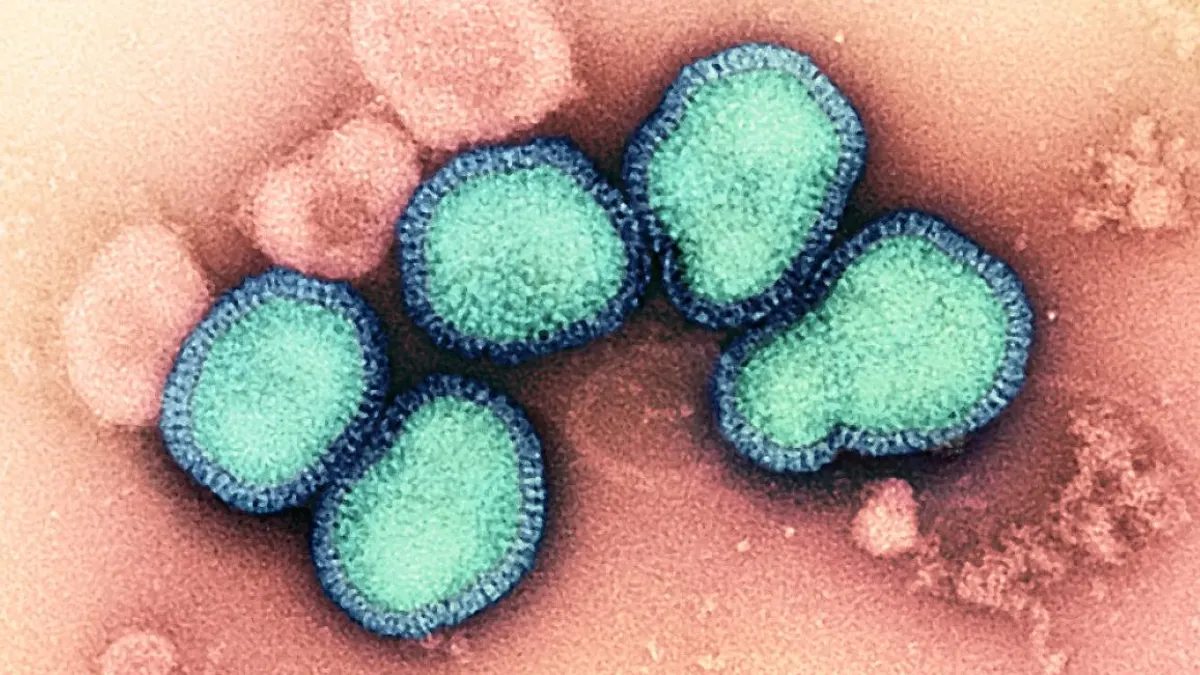Dive Brief:
- Shares of San Diego biotechnology company Cidara Therapeutics doubled Monday after the company revealed positive mid-stage study results for an experimental preventive therapy it’s developing for seasonal influenza.
- The drug, an antiviral that combines a small molecule with a protein fragment, met its main and secondary goals in a Phase 2b trial. A single shot of the highest dose of the therapy was 76% effective compared to a placebo at preventing flu symptoms over 24 weeks. No unexpected treatment-emergent adverse events that would limit higher dosing were observed either, Cidara said.
- Cidara will provide detailed results at a future medical meeting and intends to meet with the Food and Drug Administration to discuss the design of a Phase 3 trial. Study success could open the door to an alternative to seasonal influenza vaccines, which some Wall Street analysts view as a multibillion-dollar sales opportunity.
Dive Insight:
Seasonal flu is one of the world’s most common respiratory infections and circulates alongside other seasonal viruses, like COVID-19 and respiratory syncytial virus, that can put people in the hospital and place significant strain on the healthcare system. Flu infections can also be deadly in young children, the elderly and people with underlying health conditions.
While flu shots are widely available and typically recommended for these groups, their effectiveness can vary year to year based on the circulating strains. Some individuals also might not be eligible for immunization based on allergies to certain vaccine components. On-demand flu treatments, like Tamiflu, are only modestly helpful.
Cidara is positioning its drug, dubbed CD388, as an alternative. The drug includes a potent antiviral, zanamivir, and is designed to last long enough to provide seasonal coverage with a single dose. It’s also meant to provide broad coverage against influenza A and B viruses as well.
In the Phase 2b study, healthy adults between the ages of 18 to 64 were randomized into four different groups to receive either a single 150 milligram, 300 milligram or 450 milligram drug dose, or a placebo. The study’s main goal was to show treatment prevents influenza-like illness over six months. Secondary objectives included its ability to protect against milder fevers and provide protection lasting at least 28 weeks.
In a report earlier this month, analysts at the investment bank Cantor Fitzgerald wrote that effectiveness of 50% or higher would be viewed as “highly attractive to patients, physicians and payers.” All three doses of CD388 hit that mark, with efficacy of 58%, 61% and 76% reported at the low, medium and high doses.
“These Phase 2b results support the potential of CD388 to be a highly effective and well-tolerated seasonal prophylactic for high-risk individuals, such as those with compromised immune systems or those at a heightened risk of severe illness due to underlying health conditions,” said Cidara Chief Medical Officer Nicole Davarpanah, in a statement.
In a note to clients, RBC Capital Markets analyst Brian Abrahams called the magnitude of the protection CD388 displayed as “exceeding” the firm’s “best case scenario.”
The data “increases our confidence” that CD388 could become the kind of drug that generates $3 billion in peak annual sales as a “novel, potentially transformative flu prevention alternative,” Abrahams wrote.
















